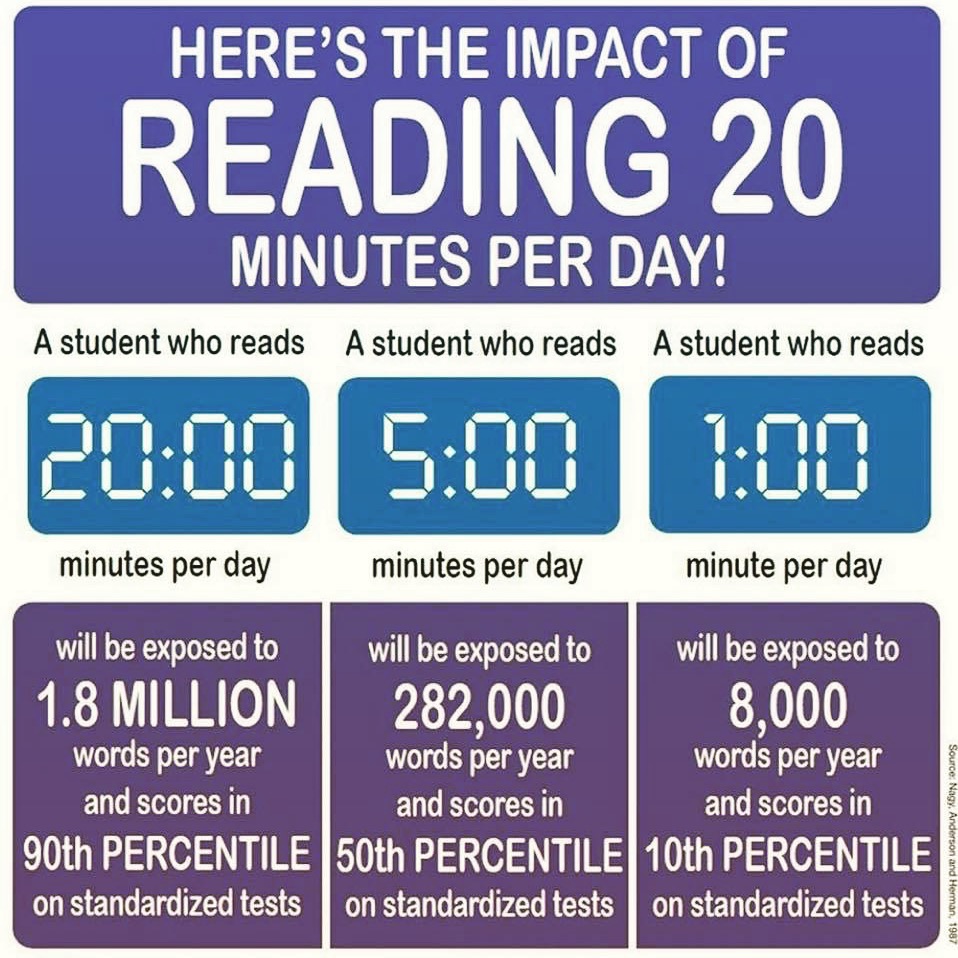- Kendal,
- Cumbria LA8 9LB
Reading
Subject Leader – Miss June Lowther
Intent
At Selside School we believe in a broad and balanced curriculum. Reading is at the heart of everything we do. It allows children to access the wider curriculum and to enjoy a wealth of literature. Through the enjoyment of stories, poetry, drama and non-fiction texts children are able to discover for themselves a love of reading and a world of ideas and experiences.
“All the secrets of the world are contained in books. Read at your own risk.” Lemony Snicket
Through the Reading curriculum, we aim to help children to develop the skills and knowledge that will enable them to fully decode words, not as single units, but as part of a prosodic approach to reading, leading to an understanding of all written forms.
Our vision is that all children become confident, fluent readers, with an understanding of a variety of texts and genres. We aim for all children to develop an interest in books and to read for enjoyment. Reading is a skill; which pupils only have to learn once and it is theirs for the rest of their lives.
Implementation
Every day in our classrooms, rich experiences support children to learn to read. These span everything from developing new vocabulary in a science lesson, to increasing phonological awareness whilst singing in Early Years. We use the reading comprehension house to support reading progression at our school. It shows, word reading and language comprehension as the two dimensions of reading that need to come together to enable reading comprehension.

Early Reading
The left-hand side of the house, the rooms that form the foundations of word reading. We teach early reading through the validated systematic, synthetic phonics programme ‘Little Wandle Letters and Sounds Revised’. See our phonics page. This enables our children to develop decoding skills, as well as word recognition and with time and guided reading session develop fluency.
Whole class reading
The right side of the house focuses on the language comprehension. Our KS2 children enjoy weekly whole class reading session. They encourage whole-class discussion and allows students to share ideas, as well as learn from other students around them.
Reading comprehension strategies focus on the learners’ understanding of written text. Pupils learn a range of techniques which enable them to comprehend the meaning of what they read. We focus on:
Long term plans are in place for these whole class reading sessions which cover fiction, non-fiction and poetry. We explore the classics to new modern favourites; picture books for all ages; texts to deepen understanding across the curriculum as well meeting the pioneers and innovators from different cultures and countries.
Read aloud
Each class enjoys daily read aloud sessions based upon the Pie Corbett’s reading spine which is a core selection of the very best books to read aloud with children. The Reading Spine is a core of books that create a living library inside a child’s minds: a store of classics and essential reads that help children engage at a deeper level and enter the world of the story, fostering a love of reading from Nursery through to Year 6. Great stories speak to us as individuals and some children will return to certain books again and again. Great stories also build our language because around 75 per cent of our vocabulary comes from our reading. Reading develops the ability to think in the abstract; to follow lines of thought.
“A child who is read to will have an inner kingdom of unicorns, talking spiders and a knife that cuts into other worlds.” Pie Corbett
Supporting your child with reading
Although your child will be taught to read at school, you can have a huge impact on their reading journey by continuing their practice at home. We believe that all adults need to be role models for pupils to promote reading, therefore we involve the whole family in many of our reading approaches and events. We actively encourage reading at home. Asking your child questions while reading their book will give them a greater understanding of what they are reading.

Enrichment and Capital Culture
Reading is essential to all subjects of the curriculum. We are dedicated to developing a love of reading in its many forms, in our pupils. This approach helps to expand our pupils’ social, moral, spiritual and cultural development. Our Reading curriculum not only develops our pupils educationally, but we plan in experiences to develop our children’s cultural capital such as special events like:
Impact
We want our Pupils to become Readers who have:

